Six Stirling Prize shortlist projects vie for Britain's best new building title in 2024
By Josh Niland|
Wednesday, Jul 31, 2024
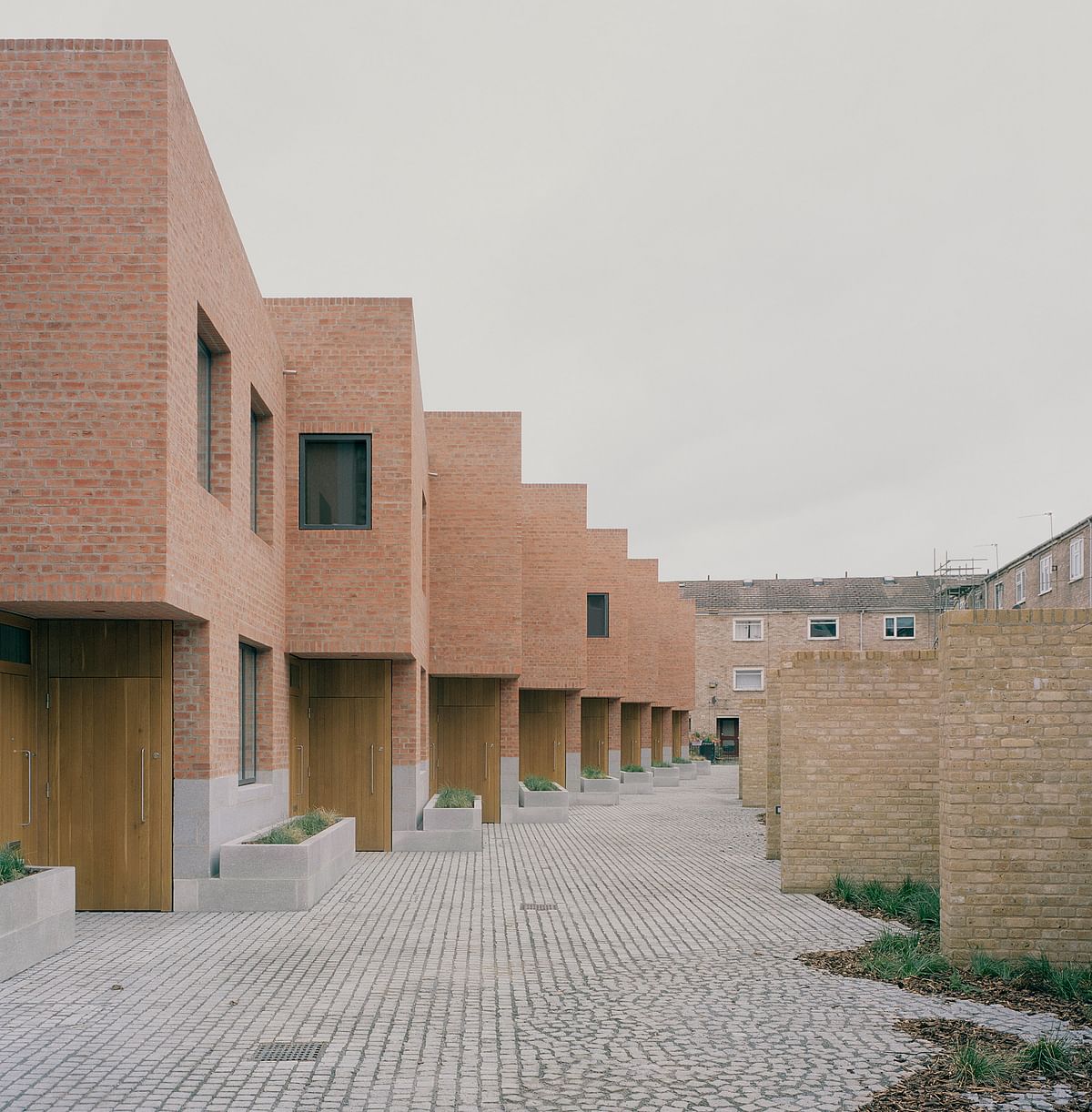
Related
Today's 2024 Stirling Prize shortlist announcement from the Royal Institute of British Architects showcased the breadth of architectural ingenuity in the UK with a surprising diversity of projects from some of the country’s leading firms.
The finalist roster includes projects as far-ranging as the renovation of a Brutalist Sheffield housing estate that caused controversy and a rural dairy farm retreat near the English Channel. Four other important London projects round out the group. As Oliver Wainwright points out for The Guardian, "the disparity in scale and cost has never been more extreme than on this year’s shortlist."
RIBA President Muyiwa Oki commented on the selection: "Whether raising the bar for social housing, upgrading city transportation, or repurposing dilapidated buildings to create heritage-conscious urban and rural developments, each scheme thoughtfully adapts elements of our existing built environment."
"This is purposeful yet unassuming architecture — architecture that brings joy to people’s lives and strengthens the fabric of our society," his statement continued.
Whoever does take the top spot this October will follow Mæ and Níall McLaughlin Architects as the most recent winners. The Stirling Prize ceremony takes place on October 16th.
Chowdhury Walk, London, by Al-Jawad Pike
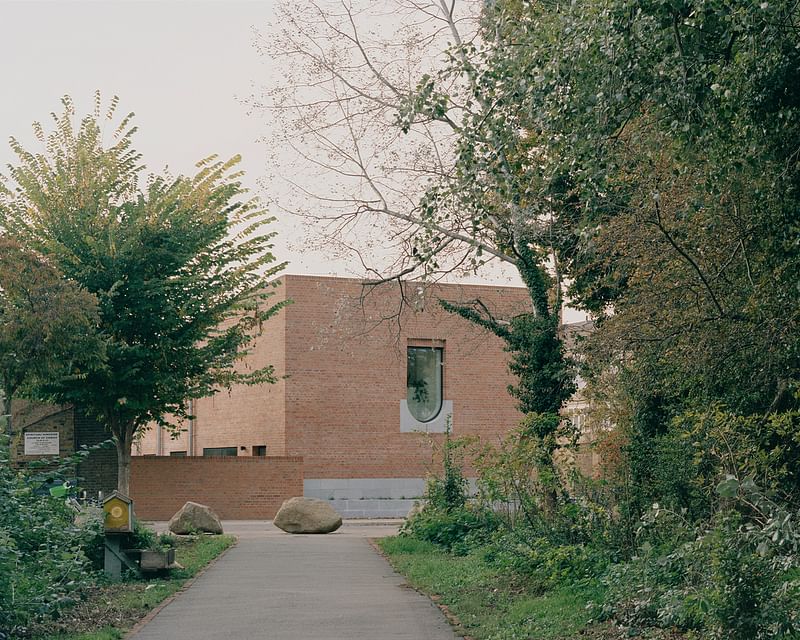
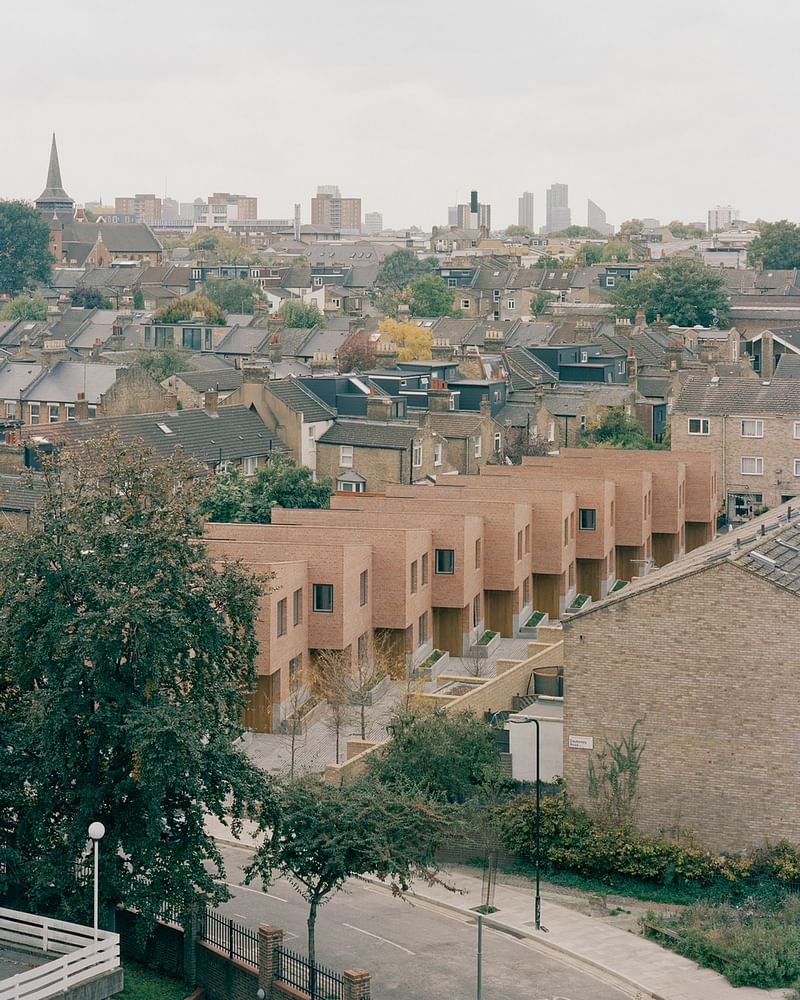
RIBA citation: "Built on a plot previously occupied by garages and ad-hoc parking, these 11 homes — of which 7 are social rented — herald the development of a new generation of ambitious council housing in Hackney, East London. A sculptural form gives a strong, confident presence to the staggered two-story terrace that weaves along a newly created public thoroughfare for pedestrians and cyclists. Clever sequencing creates a meaningful route through the development and provides privacy from overlooking neighbours, while also supporting passive solar gain."
The Elizabeth Line, London Underground, by Grimshaw, Maynard, Equation, and AtkinsRéalis

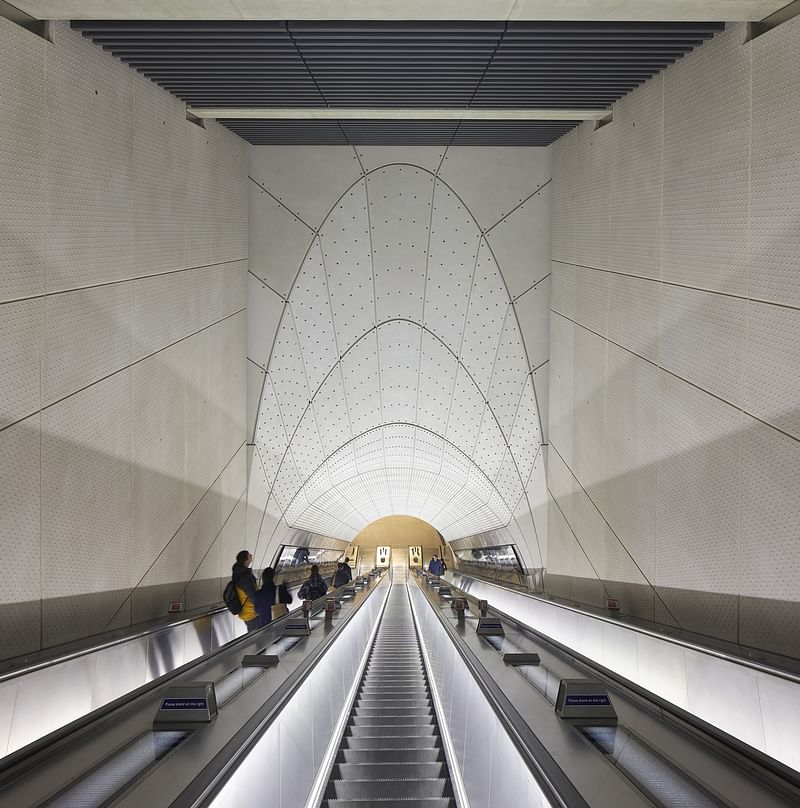
RIBA citation: "A transport tour de force: A mammoth feat of construction and collaboration, The Elizabeth Line creates a familiar yet significantly improved experience for the 200 million passengers it is expected to carry each year. A slick line-wide identity manifests at platform level though the application of consistent cladding, lighting, and signage, creating a decluttered and accessible environment. The result is a major infrastructure project that sets a new standard for inner-city transport."
King’s Cross Masterplan, London, by Allies and Morrison and Porphyrios Associates
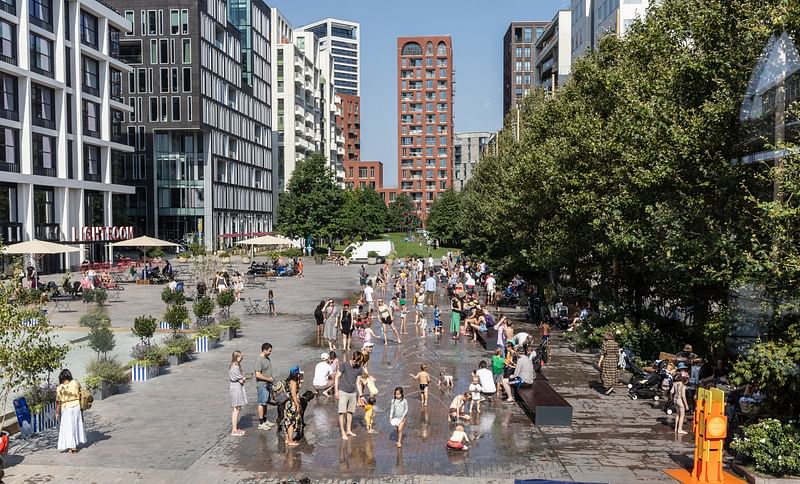
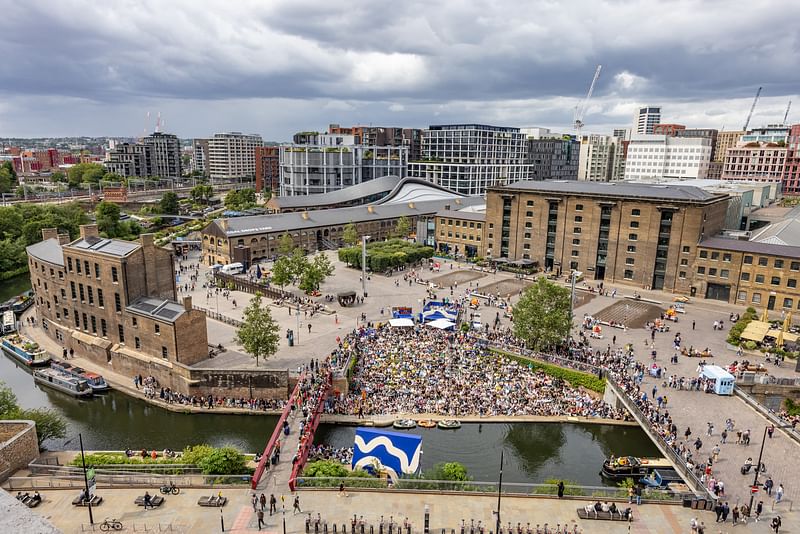
RIBA citation: "20 years in the making, the redevelopment of King’s Cross is the result of remarkable reintegration and regeneration of this former industrial wasteland in the heart of London. New streets, squares, offices, schools, university facilities and accommodation sit alongside thoughtfully restored historic structures, transforming the area into a thriving hub of activity. Further celebrating the site’s industrial legacy, the architects have reopened the Regent’s Canal to the public and created an ‘urban beach’ — a vibrant, valuable addition to London’s public realm and another clever thread in stitching a previously cut-off part of the city back into the wider urban fabric."
National Portrait Gallery, London, by Jamie Fobert Architects and Purcell
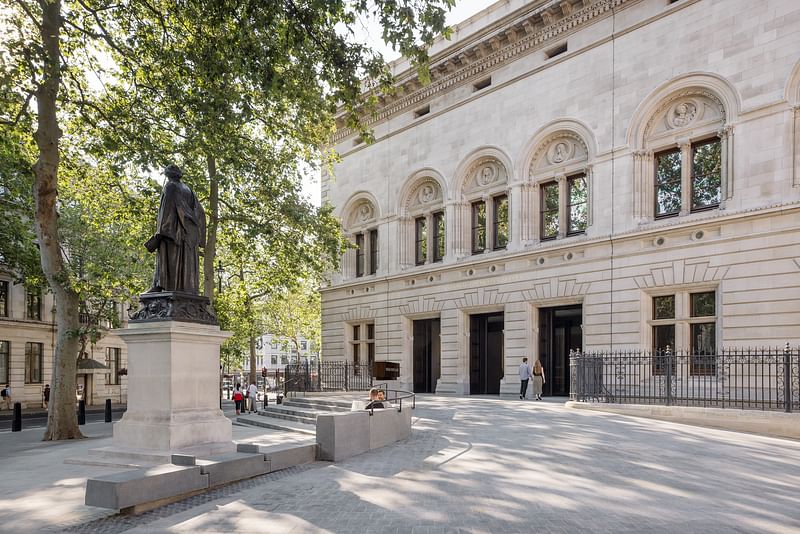
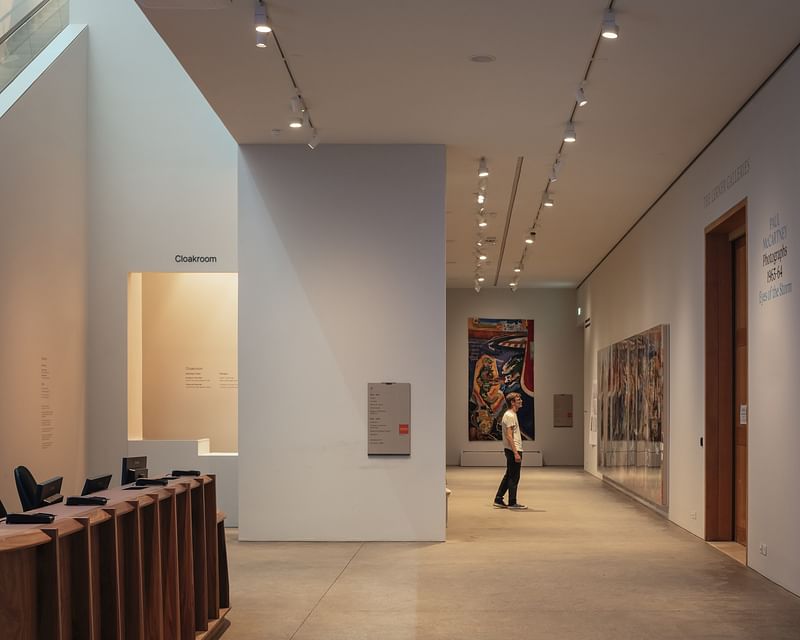
RIBA citation: "A seamless blend of contemporary design and conservation of historical elements reinvigorate this Grade I* listed cultural institution. Visitor experience is enhanced by a welcoming new entrance of bronze doors featuring hand-drawn portraits by Tracey Emin, along with a light-filled learning centre and accessible public space carved from former offices. The entrance reorientates the gallery towards the bustling West End on which its back was previously turned, while crucial accessibility alterations have opened the building to all, including an entrance ramp and wider doorways. Careful interventions, such as using original windows to form new doorways, exemplify a harmony between heritage and adaptability."
Park Hill Phase 2, Sheffield, by Mikhail Riches
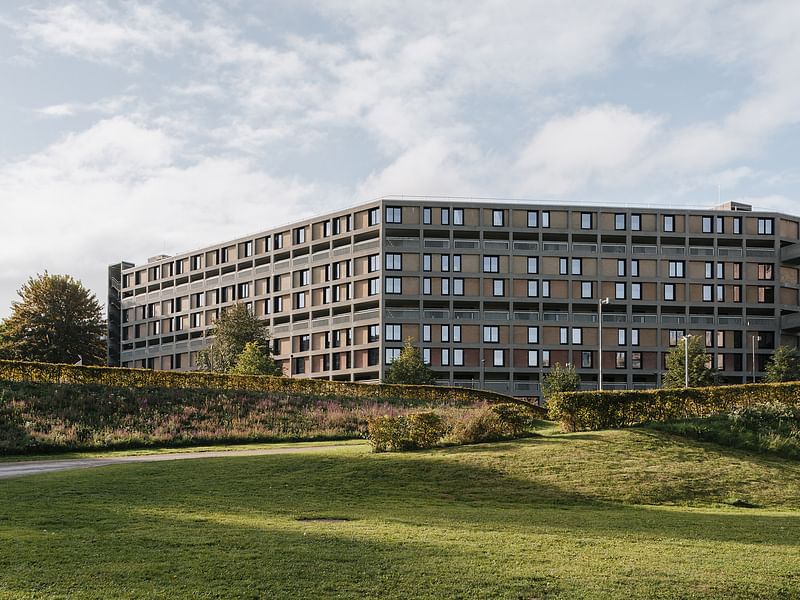
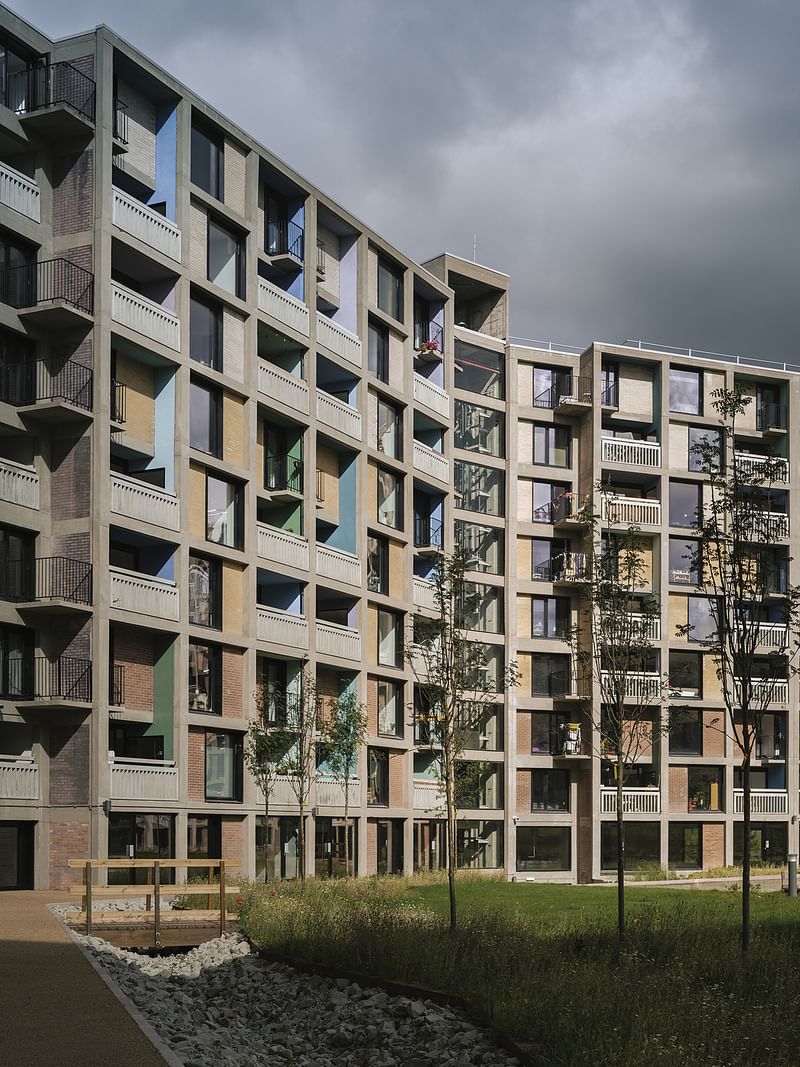
RIBA citation: "The second phase of an ongoing regeneration of Europe’s largest listed structure which sits on a prominent hillside overlooking Sheffield City Centre. Internal spaces are modernised through open plan designs and the addition of balconies, while thermal imaging has allowed sustainability experts to identify and improve energy efficiency. A fresh colour palette referencing the nearby Peak District blends with the estate's original concrete, preserves its design heritage, while tree and wildflower plantings cleverly soften the exterior."
Wraxall Yard, Dorset, by Clementine Blakemore Architects
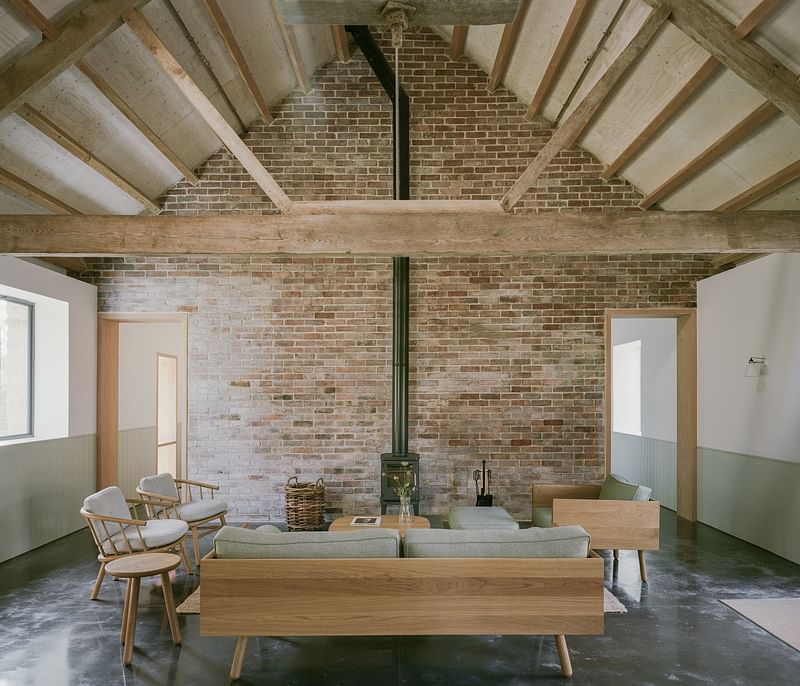
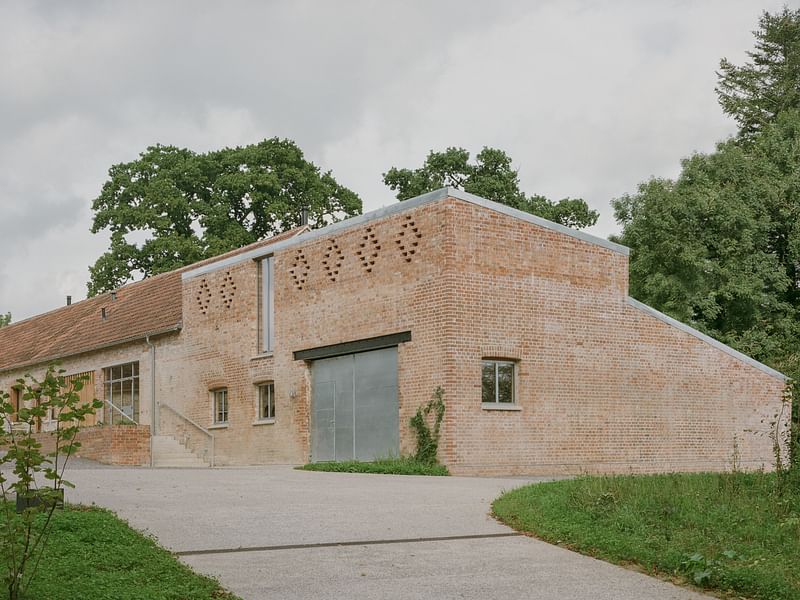
RIBA citation: "A dilapidated Dorset dairy farm has been sensitively repaired and converted into highly accessible holiday accommodation, with public spaces aimed at boosting engagement with wildlife and farming. Motivated by frustration at the standard of available wheelchair accessible accommodation across the UK, the development offers extensive yet discreet accessible features, providing disabled guests — particularly wheelchair users — with a high degree of independence. Clever landscaping removes the need for ramps and obvious handrails. At the same time, a mix of polished concrete floors and exposed doorframes reduced drag and mitigate bumps for wheelchairs, widening access to this previously inaccessible site."

RELATED NEWS 2023 Stirling Prize awarded to London's John Morden Centre by Mæ

RELATED NEWS 2022 RIBA Stirling Prize goes to Niall McLaughlin Architects for the New Library, Magdalene College


Share
1 Comment
Donna Sink · Aug 02, 24 2:14 AM
All lovely work.
Comment as :